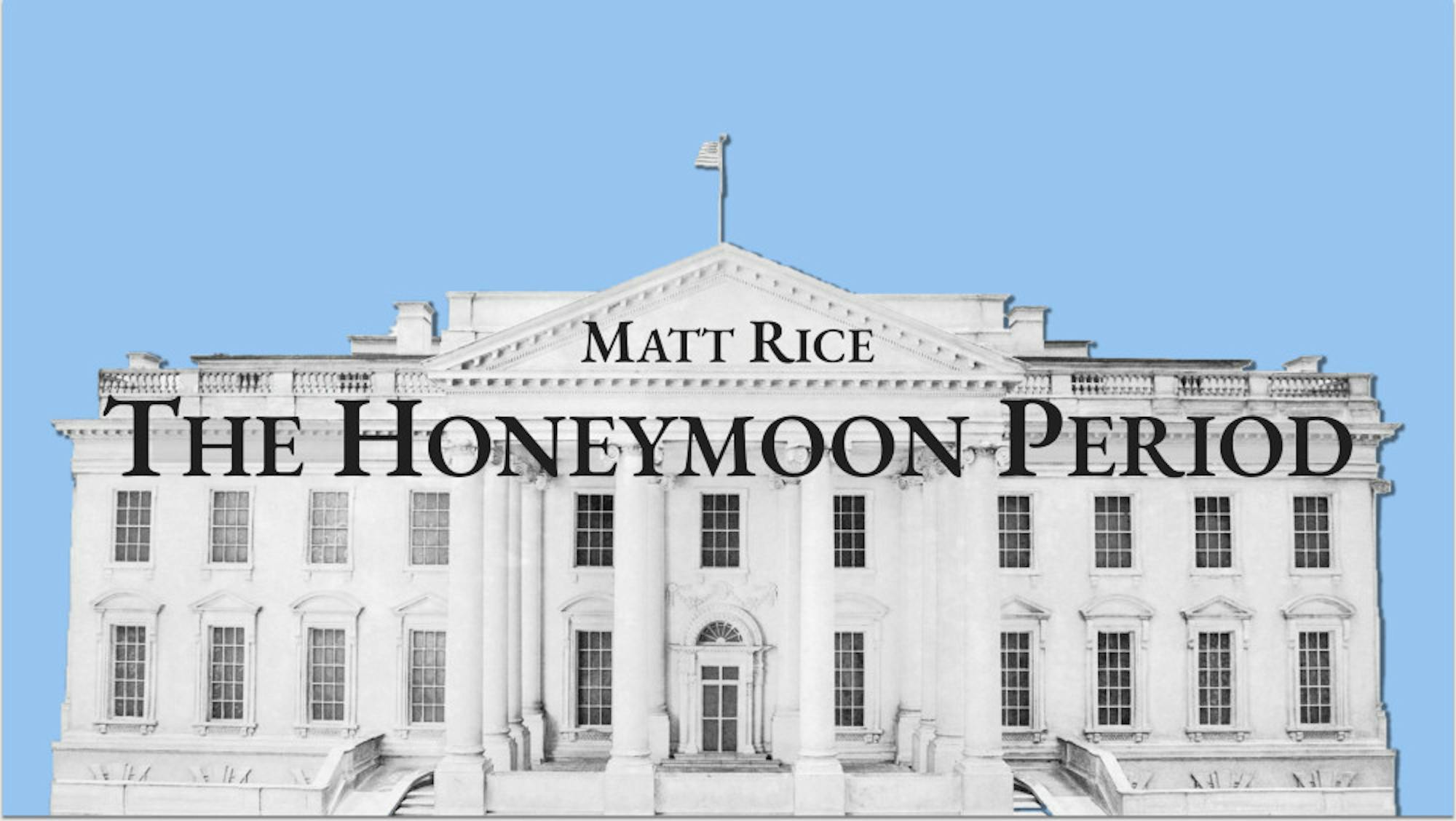It has become increasingly clear in the first 50 days of his presidency that Joe Biden may not even be the most important “Joe” in Washington. West Virginia Sen. Joe Manchin, who has consistently inhabited the vanishing political center, has had and will continue to have the final say over what President Biden can get through Congress.
On the day the U.S. Senate passed the American Rescue Plan, Manchin was watched closely by D.C. journalists. His blessing would land Biden a major legislative victory; his dissent would have severely wounded the entire Biden agenda.
Ultimately, Manchin voted for the bill after hours of progressive Democrats' scaling back unemployment benefits to his liking.His vote also helped secure billions of dollars in funding for rural hospitals in West Virginia, a staggering number considering the state’s size.
Manchin has had outsized influence over the confirmation of the Biden cabinet. With Republicans united against Neera Tanden's nomination to head the Office of Management and Budget, Manchin’s opposition had all but sunk her chances. Manchin’s support for Interior Secretary nominee Deb Haaland has made her confirmation a virtual certainty.
AWashington Post article last week asked an important question: Should Senate Democrats go big, or go bipartisan?But asI wrote last week, Minority Leader Mitch McConnell will make the latter option nearly impossible.Adam Jentleson, who was a deputy chief of staff to former Senate Democratic Leader Harry Reid,wrote in a tweet that bipartisanship in the Senate is not a “real option.”
Joe Manchin stands firmly in the opposite camp. The West Virginian said on Meet The Press last week thathe will not change his stance on upholding the filibuster, meaning every aspect of the Biden agenda — from infrastructure to health care, climate to education — will require a minimum of 10 Republican votes for Senate passage.
But even if the filibuster were to be done away with, Manchin would still be an obstacle. He recently took over the chairmanship of the Senate Energy and Natural Resources Committee, and considering his representation of the dying coal industry and his state’s reliance on the fuel, the Green New Deal has been shelved for the foreseeable future.
On infrastructure, Secretary of Transportation Pete Buttigieg saw an opening during this honeymoon period of 100 days, but Manchin seems to have kneecapped those ambitions. Senate Republicans tried to persuade Biden to cut $1.3 trillion from his American Rescue Plan, which makes one wonder how much they would be willing to spend on our abysmal transportation system. On top of that, Manchinsaid he would single handedly kill Biden’s $2 trillion infrastructure and climate bill if it does not include Republican support.
Manchin’s one vote currently wields more power than any single senator in recent memory. The closely divided upper chamber has always been an undemocratic, unrepresentative institution, so we should not hold out hope for them to confront these perilous challenges.






